The Ed's Up - XOXO
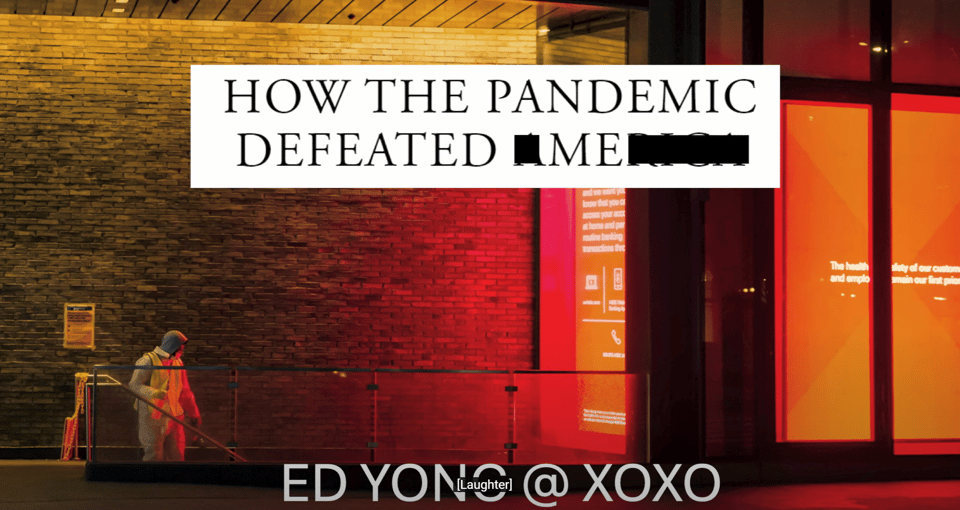
In the past, when I’ve given talks about the pandemic, they’ve focused on how Covid revealed the vulnerabilities in our society, and why we failed to adequately respond to it. But in August, I gave a very different pandemic talk at XOXO—a festival for “independent artists/creators who live and work online.” Co-founder Andy Baio told me that speakers tend to “cover the dark, difficult challenges that come with [online life],” and so that’s what I talked about—what it was like to report on the pandemic, to live through it, to be broken by it, to recover from it.
The talk went online today. I talk about my approach to pandemic journalism, what I hope others take from it, and the mental-health challenges of that work—all things I’ve discussed before. But I also included a lot of stuff I haven’t talked openly about, including: my seven rules for being a public figure in a time of crisis; the cognitive dissonance of achieving success for soul-crushing work; why I decided to leave the Atlantic; and why I’m almost entirely off social media. And birding. I also talk about birding.
I’ve now done so much public speaking that I no longer get nervous, but I was nervous for this. It's raw and personal; a couple of times, you can hear my voice cracking. There are also many ways of doing something like this badly. I think formats like this can compel us to package the complexities of our lives into tidy narratives with trite morals. And we often mistakenly adulate people for being vulnerable when, in fact, they are merely being performative.
I tried to avoid those pitfalls, and you can judge for yourself if I was successful. But I agreed to do this—and I’m sharing it now—because I hope it speaks to issues that I suspect a lot of us are wrestling with. The collapse and enshittification of our online spaces. How to navigate a maze of perverse incentives without losing yourself. The search for purpose, validation, and hope in a time of existential crises. What success looks like, what happiness looks like, and whether the two are the same. What community means. When to push. When to stop.
And birding. I also talk about birding.
Book Update
I’ve been working on my 3rd book—The Infinite Extent—since last November, and have just completed the second of three major phases.
Phase One was nailing down the basic structure of the book—the promise, the chapters, the big themes. It’s where I do quick-and-dirty research—not enough to actually write it, but enough so that I know who the protagonists are going to be, so that I can arrange reporting trips with plenty of notice. This phase was more or less completed by March.
Phase Two is deep research. While actually going on the reporting trips that I arranged in Phase One, I also went through each chapter, one by one, and did a shit-ton of reading, to prep for the entioned trips, to really think through the point of each chapter, and to flesh out how each chapter will be broken down into different sections.
Phase Three is the actual writing, and I should be ready to start that next month!
I don’t have the perfect analogy for this process but someone I recently spoke with compared Phase Two to storyboarding a movie, which I guess makes Phase One scripting and Phase Three shooting.
Bird Photography
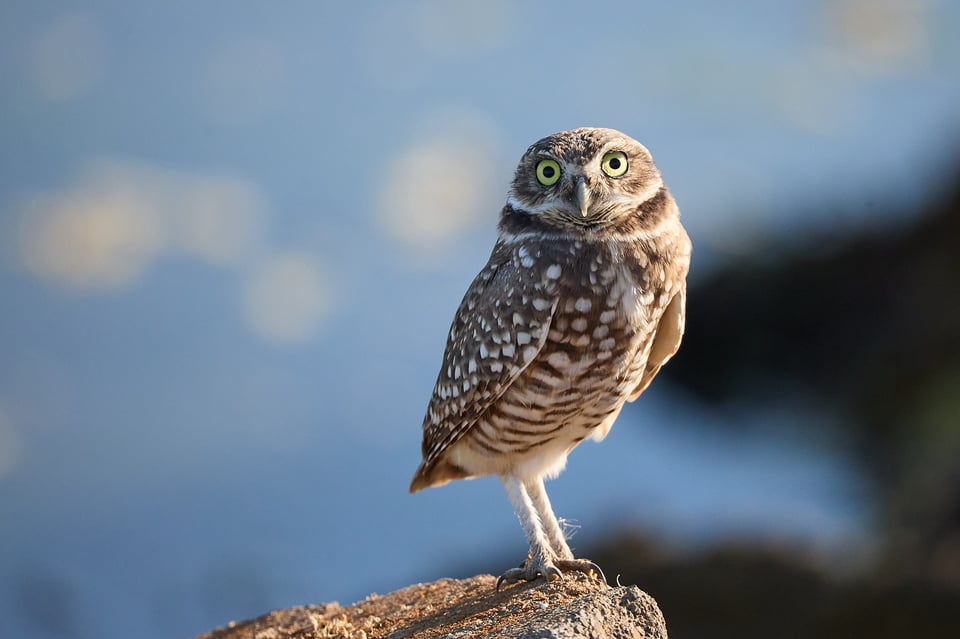
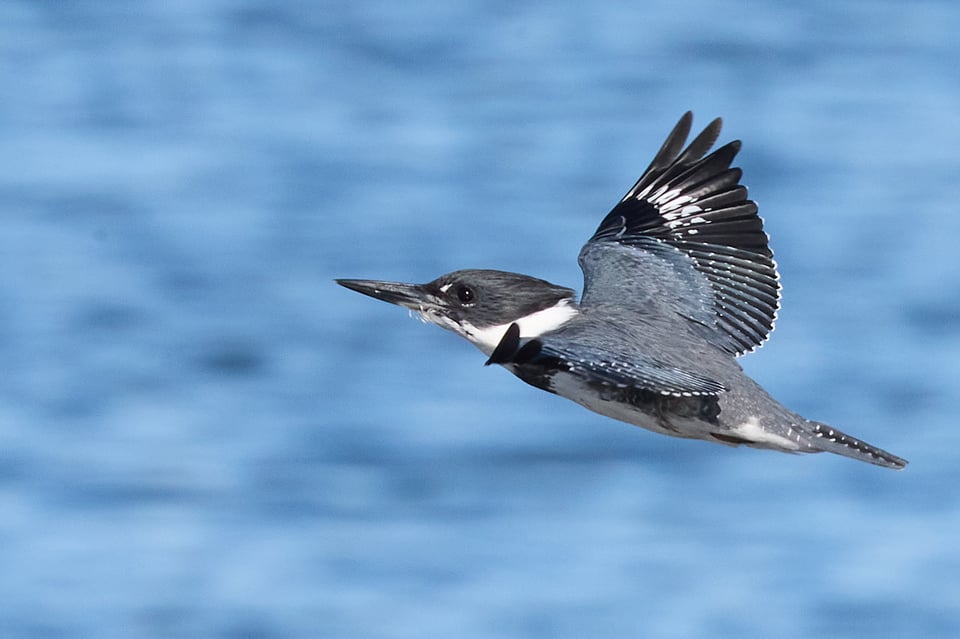
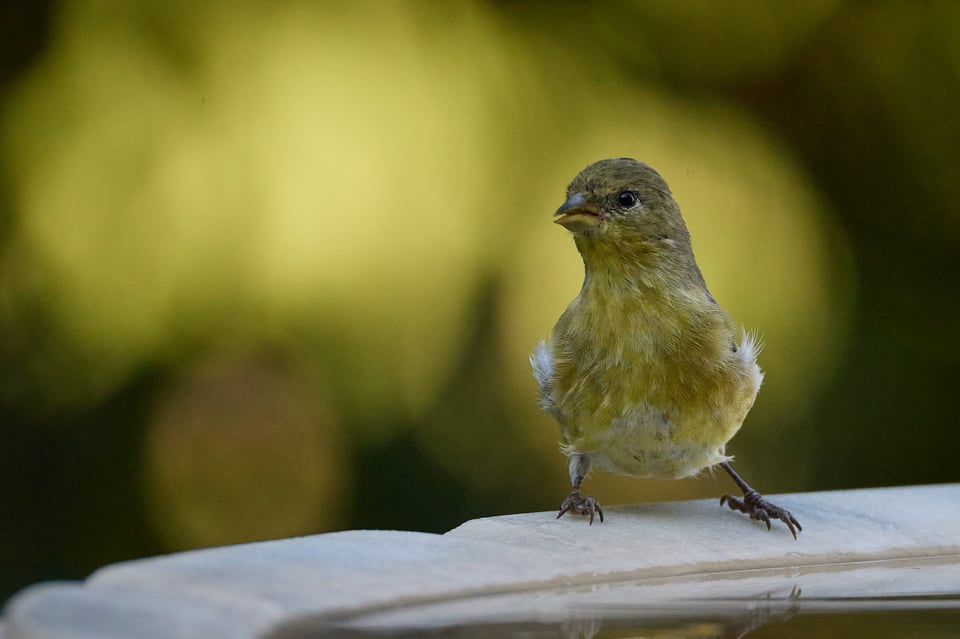
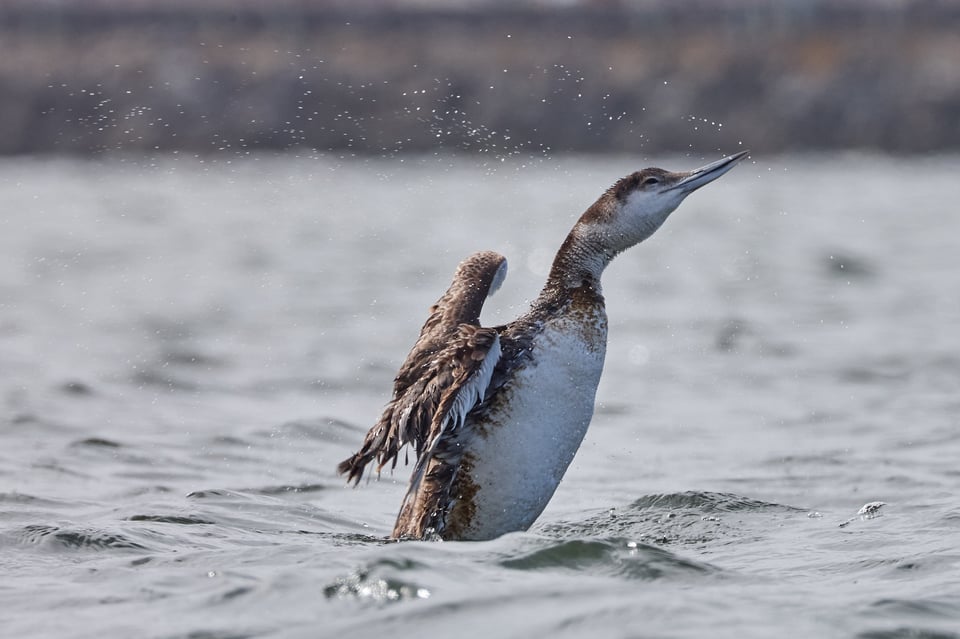
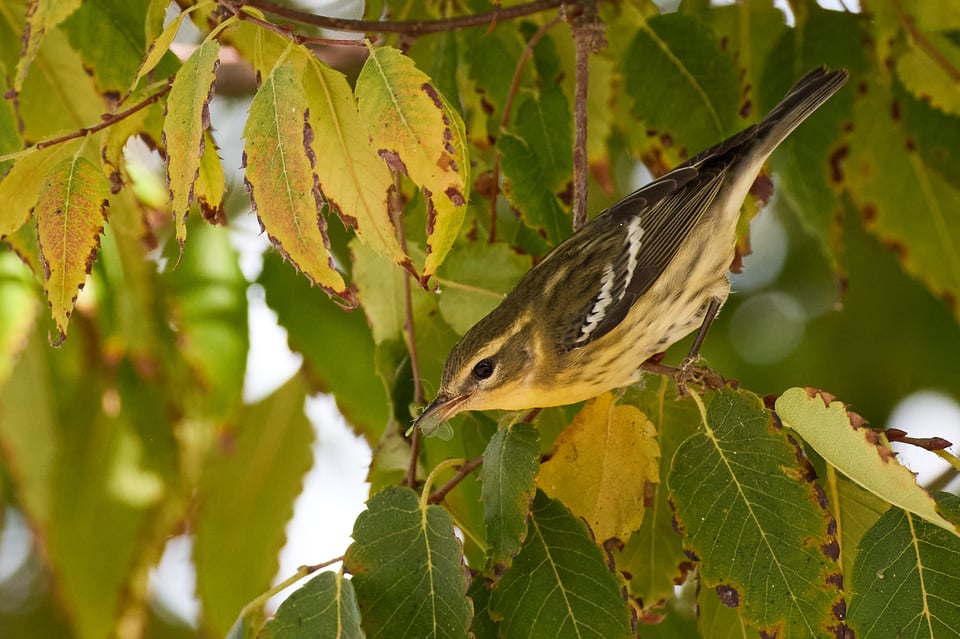
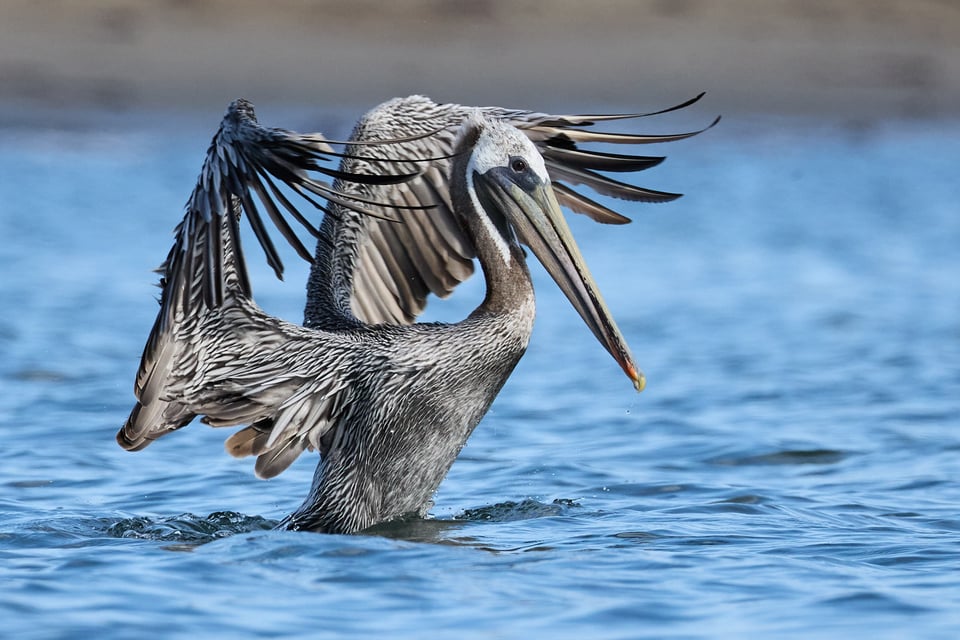
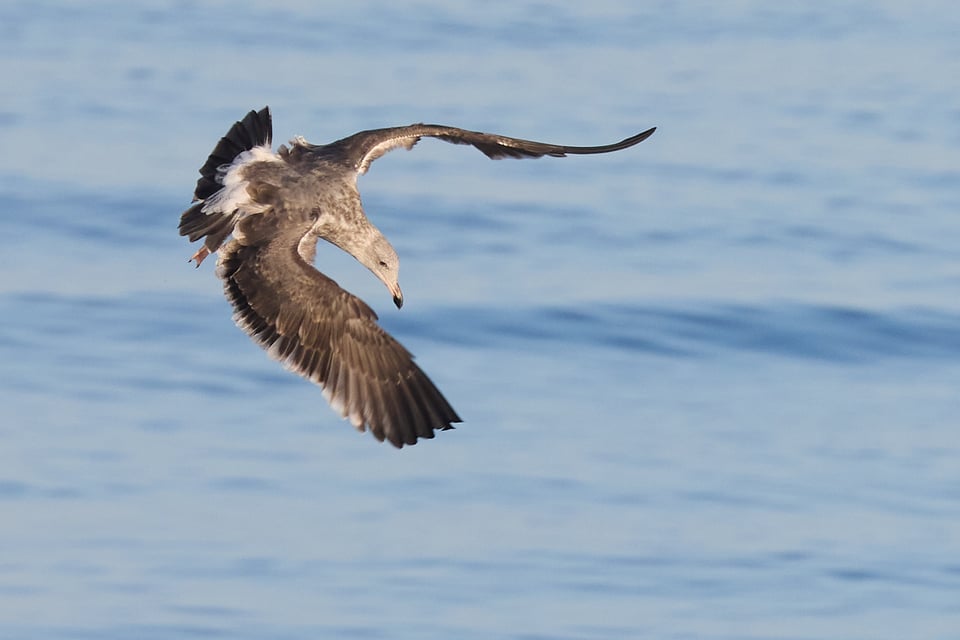
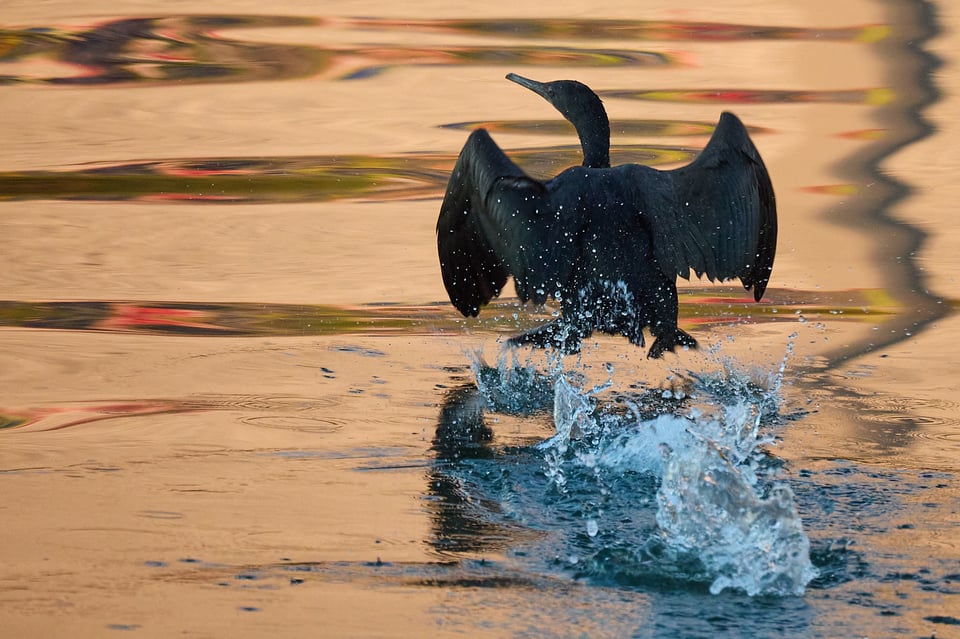
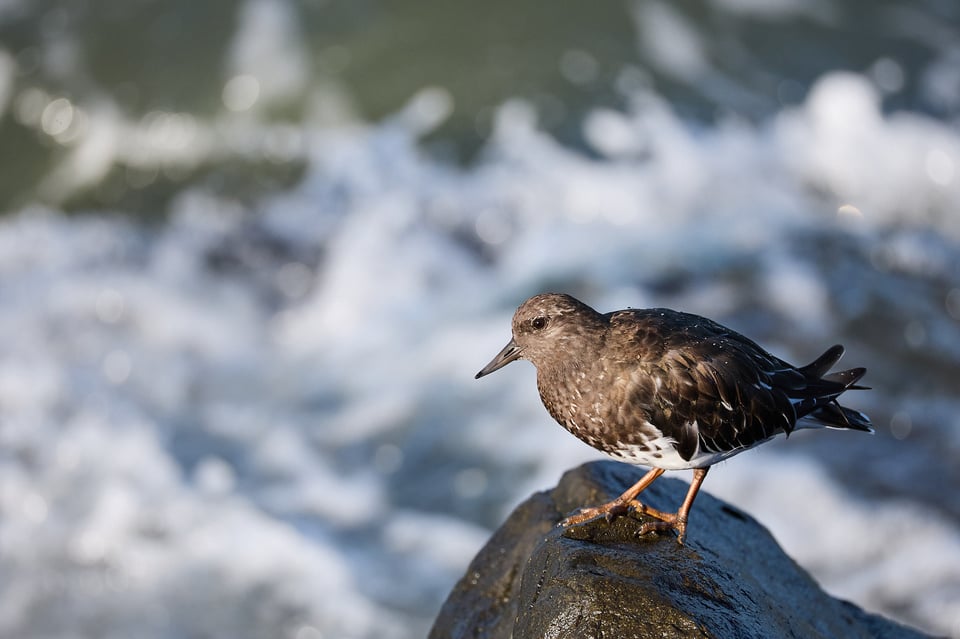
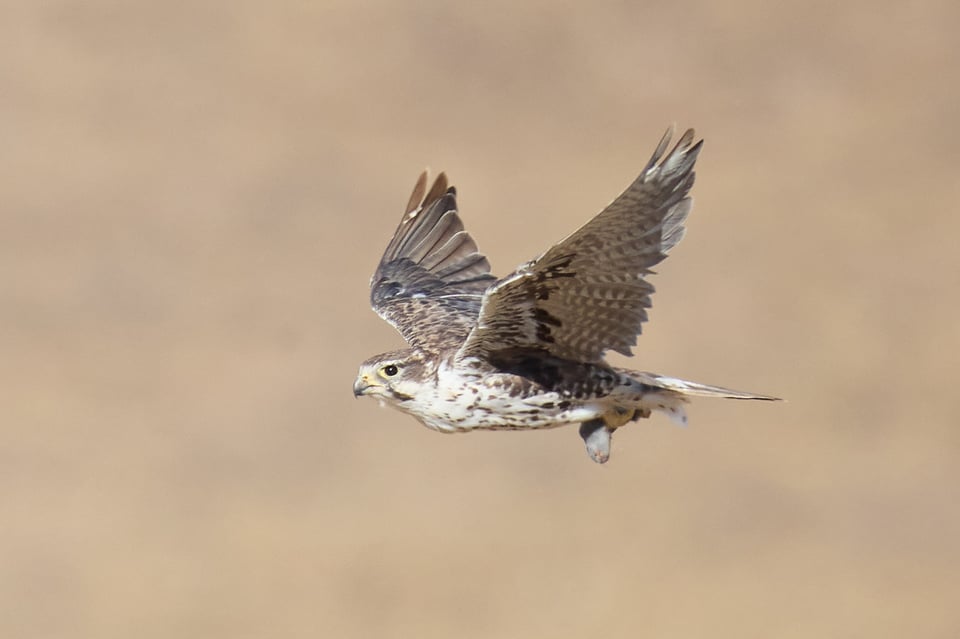
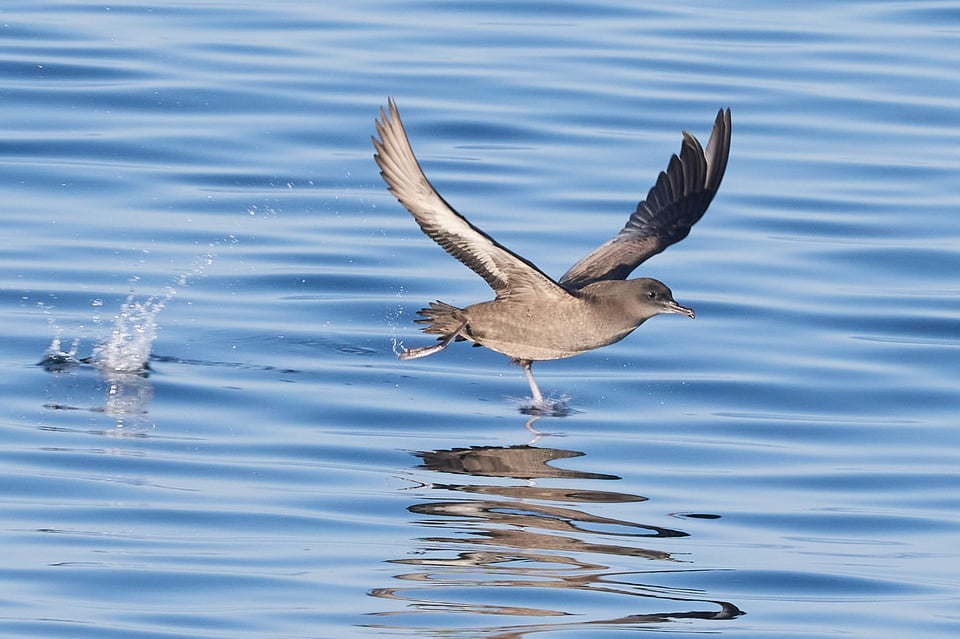
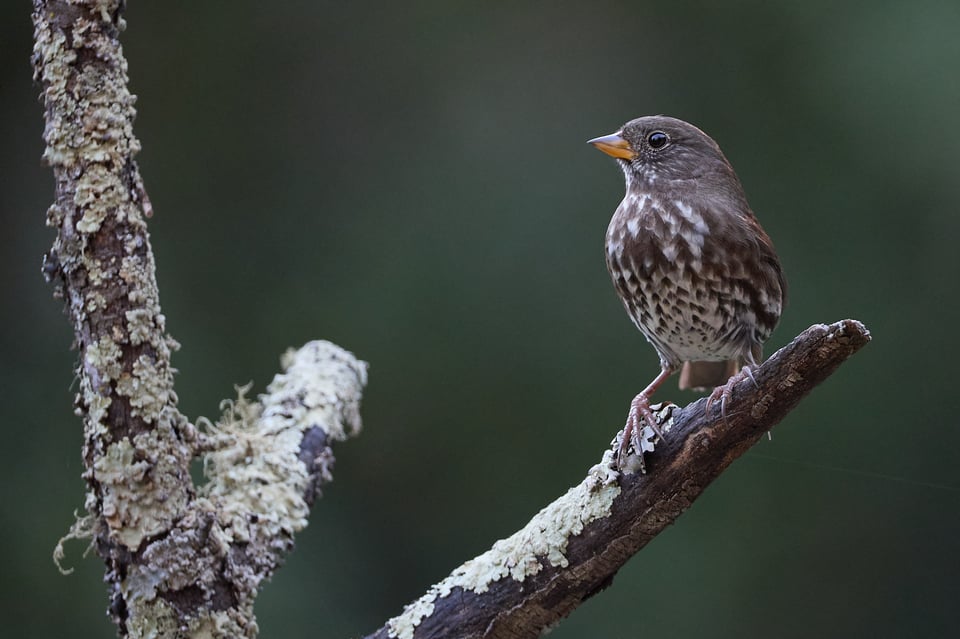
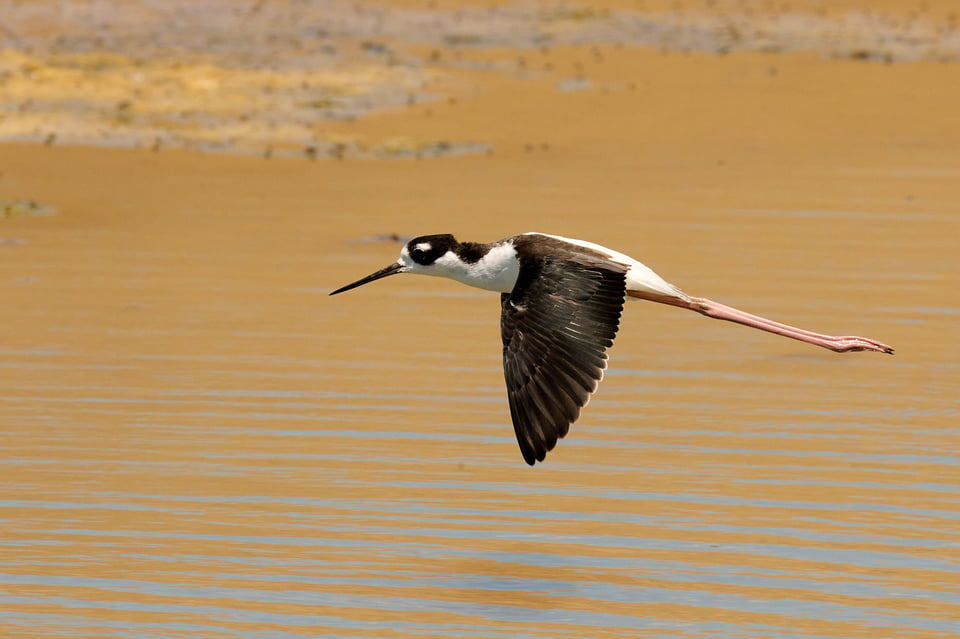
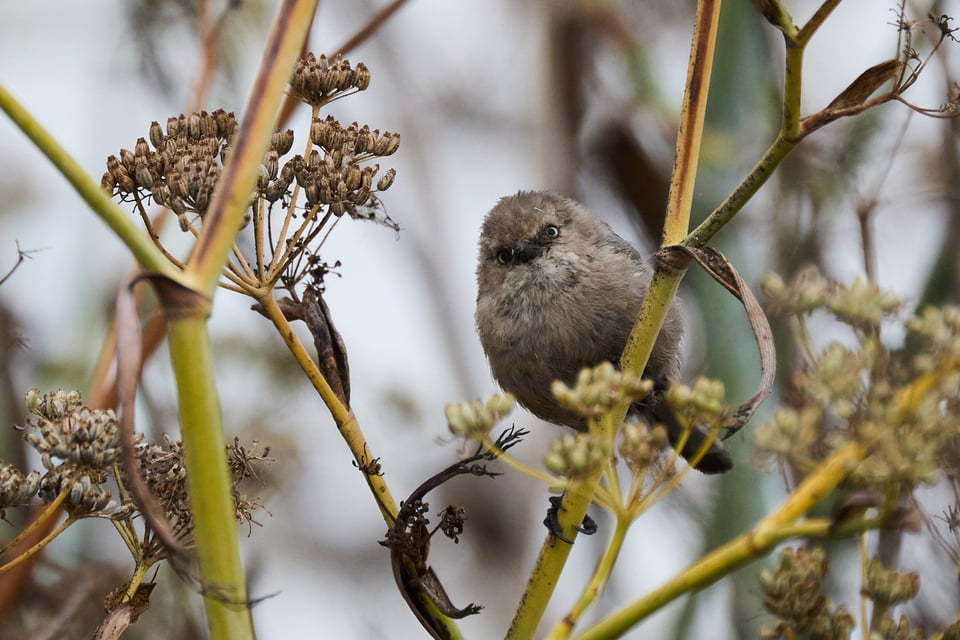
More Reading
After last month’s newsletter, and especially the link to Ted Chiang’s recent New Yorker piece, a few of you asked me about ChatGPT and generative AI. My position is pretty straightforward: There is no ethical way to use generative AI, and I avoid doing so both professionally and personally. I haven’t written about this and don’t plan to, but I also don’t need to, because this fantastic essay from Jane Ruffino exists. She presents the issues in a slightly different order than I prioritize them in my head, but they’re all there, and described beautifully, especially in the antepenultimate paragraph which mentions “decisions that destroy jobs, wreck the planet, and steal labor, content, and drinking water, under the guise of “AI innovation.”” Zing. The piece is also riddled with helpful links that are worth following.
“The fact of the matter is,” he said, “that kid up at Columbia, whatever dumb shit they’re saying, whatever slogan I would not say that they would use, they are more morally correct than some motherfuckers that have won Pulitzer Prizes and National Magazine Awards and are the most decorated and powerful journalists.” I highly recommend Ryu Spaeth’s profile of Ta-Nehisi Coates. In its own terms, it’s just a fantastic example of profile-writing. Its long section on The Atlantic’s execrable coverage of Gaza reflects many of my misgivings about my former employer, and also holds American media at large to account. And perhaps most importantly, Coates’s message on Palestine is brave and true, and I admire a journalist who found enormous success and stayed true to his moral compass. (It’s also worth reading Meredith Shiner on the attacks against Coates.)
“Must the Sword Devour Forever?” Writing in Jewish Currents, Seth Anziska, professor of Jewish-Muslim relations, contextualizes Israel’s current assault on Lebanon against past ones. But, he notes, “if both the flawed justifications for what is now unfolding—and their ghastly human toll—hold striking continuities with previous invasions, what has fallen away is even the slightest suggestion of any guardrails or restraint.”
“I’ve seen violence and worked in conflict zones. But of the many things that stood out about working in a hospital in Gaza, one got to me: Nearly every day I was there, I saw a new young child who had been shot in the head or the chest … At the time, I assumed this had to be the work of a particularly sadistic soldier located nearby. But after returning home, I met an emergency medicine physician who had worked in a different hospital in Gaza two months before me. “I couldn’t believe the number of kids I saw shot in the head,” I told him. To my surprise, he responded: “Yeah, me, too. Every single day.” Feroze Sidhwa surveyed 65 U.S. healthcare workers who’ve served in Gaza; 44 of them saw multiple cases of preteen children who had been shot in the head or chest.
Officially, Israel has killed around 42,000 people in its ongoing genocide in Gaza, mostly women and children. The true death toll is likely much higher. This Washington Post piece tells the story of some of the uncounted dead.
On the subject of XOXO, I’d also recommend listening to Erin Kissane’s talk. A co-founder of the legendary Covid Tracking Project, Erin is someone I consider to be a genuine, real-life hero. Her talk is about that project, but also about not ceding our online networks to bad actors. She got an vigorous standing ovation for it, and deserved every second. Also check out her new project—a micro-studio to fix our broken networks.
Upcoming Talks
Come say hi; please wear a mask
23 October - Goucher College in Maryland.
12 December - Council Bluffs Public Library in Iowa
That’s it for this month!
As always, this newsletter is free, but you can choose to pay a monthly subscription (at whatever level you set) if you'd like to support my work.
Stay safe.